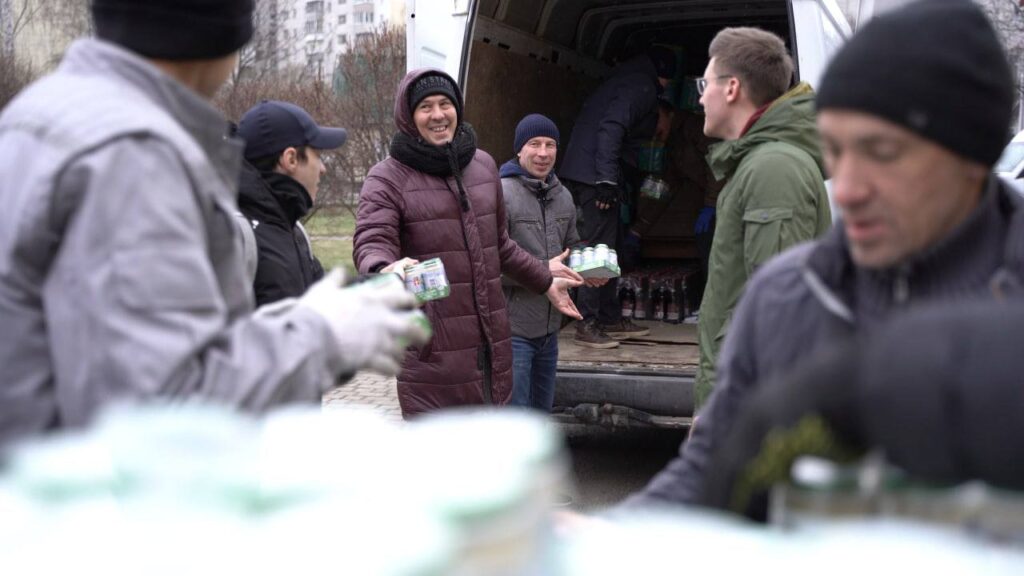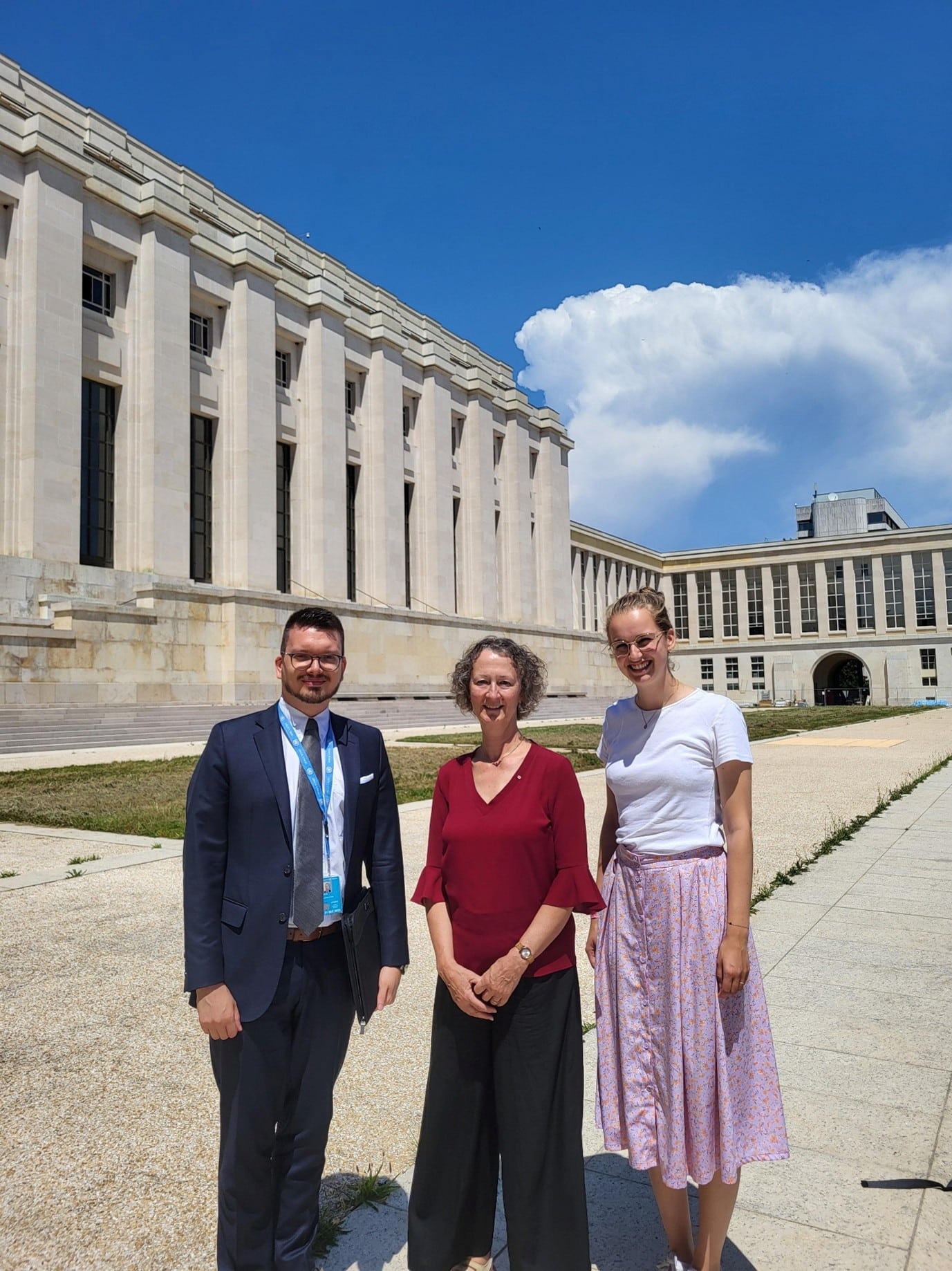
For seven months, the suffering and inhumanity of war have devastated Ukraine and her people. More than 7 million people have fled the country since Russia invaded. Another 7 million have fled the combat zones, relocating to safer areas within Ukraine. Europe has not seen a humanitarian crisis this big since World War II.
The needs are extraordinary, and the Church is playing a central role, saving lives, relocating refugees, as well as providing food, shelter, and much-needed pastoral care.
“The Church was the first to react,” states Yuriy Kulakevych, a Ukrainian pastor who oversees international relations for the Ukrainian Pentecostal Church. “From the first day of the war, we had 601 vehicles, mainly buses and vans, that were evacuating people from the war zones. Our brothers from Baptist and independent churches did the same.”
“The first days of the war were the most difficult due to the incredible flow of refugees,” adds Igor Bandura, Vice President of the Ukrainian Baptist Union.
In addition to evacuating civilians from combat zones, churches provided short-term settlement points and food for internally displaced people, delivered food and supplies to those trapped in hotspots, and transported refugees to the borders.
Church networks across the country began preparing extensively before the invasion, enabling them to act quickly once the attacks began.
“Thanks to our preparation, the Union office was fully operational on the fourth day of the war. Some churches were evacuating people and delivering aid to hot spots, others received these people in temporary settlement centers and sent them on.”
Despite their preparations, the scope of the work was overwhelming, but Ukrainian churches were not alone. The World Evangelical Alliance (WEA), along with many other Christian organizations, rushed to help the Ukrainian Church in this enormous responsibility.
“Thank God, from the beginning of the full-scale invasion, our foreign partners supported the ministry of Evangelical churches in Ukraine. Your sincere prayers, phone calls, and financial support have become a significant help for hundreds of thousands of people.”
Bandura says the Union received their first transfer of funds from the WEA within 10 days of the invasion, and another a week later. With fuel shortages in Ukraine, they spent nearly half the money on fuel and another third on food for refugees.
“In the first couple of weeks, we ran out of internal resources,” Kulakevych says. “Some churches sold belongings to buy fuel. Many pastors used family funds, then the first donations arrived and the WEA was among the first five that sent donations. We were able to tell our rescue and shelter teams their tanks will be filled and the people they promised to evacuate would be rescued.”
Because of their existing relationships and trust with Christian leaders throughout the region, the WEA was able to funnel money to the area’s Evangelical churches remarkably quickly. They also started The Response—Ukraine Special Task Force (TRUST) to coordinate efforts with, and strengthen, Evangelical churches in the region.
Across the border, in Poland, churches struggled to keep up with the number of refugees. The Pentecostal Church in Poland has around 25,000 members, but took in 40,000 refugees. Support from the WEA and other ministries enabled their important work.
“It was a huge financial challenge to feed 40,000 people,” says Marek Kaminski, a Pentecostal bishop. “We had to build showers and special water heating systems. We had to heat buildings [through the winter] that were not usually heated. I am grateful that the World Evangelical Alliance looked for us [as a ministry partner].”
Yet, beyond financial assistance, Evangelicals in Ukraine and her neighbors were deeply impacted by the prayers and statements of solidarity from Christians around the world.
“For us, it was very important to know that somebody cares,” Kaminski states, “that somebody wants to come and talk to us and get to know what we are doing, how we are doing, and what help we need. In this overwhelming situation, you don’t want to be alone, but the WEA gave us this feeling of not being alone.”
“We are so grateful for people around the globe praying for the Ukrainian Church,” Kulakevych adds. “Your prayers keep us alive and on our feet, going in the name of the Lord to rescue those who have the biggest needs.”
Another key form of support Kulakevych highlights was the public statements from churches and Evangelical alliances at the outset of the war.
“Immediately, the WEA, the Latin Evangelical Alliance, and some Asian alliances provided quite good statements. That was important for us. The informational support, prayer support, and public statements were as important as the financial support we received. Many lives were saved with the support of the World Evangelical Alliance.”





Stay Connected